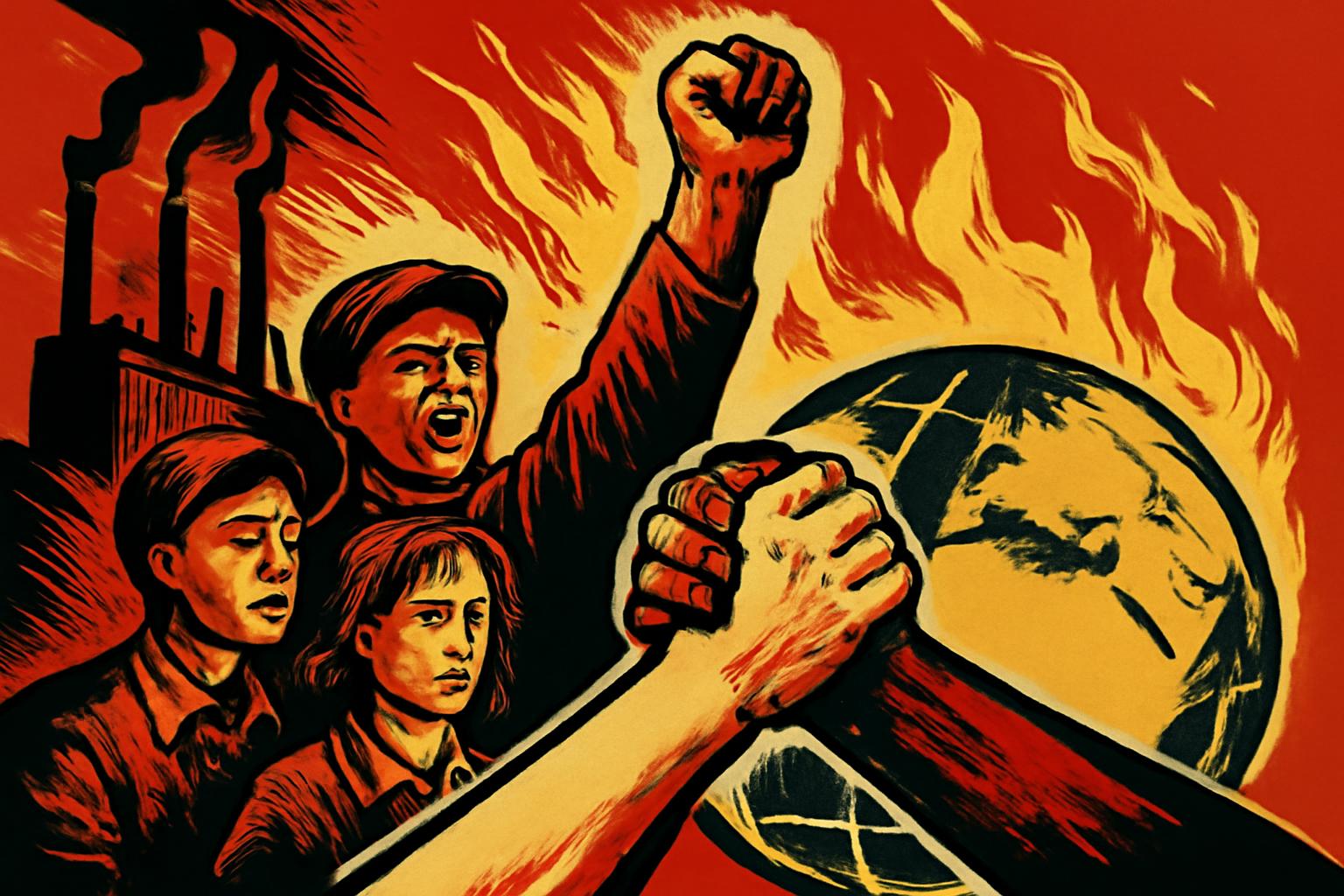In recent developments, the German authorities have engaged in heated discussion over the support afforded to Ukrainian refugees. Unlike asylum seekers from other nations, Ukrainians have been able to receive the Bürgergeld, a relatively generous form of social welfare, circumventing the usual, more restrictive asylum procedures following the imperialist war initiated by Russia. This policy of equal access was in line with the European Union's directives, aiming to provide immediate shelter and economic stability to those fleeing devastation. However, the surging financial outlays—nearly 47 billion euros—have provoked demands among conservative politicians for harsher measures: they argue that refugees should subsist on meager rations, essentially pushing Ukrainians down to the level of other asylum seekers, who are forced to accept the restrictive Asylbewerberleistungsgesetz and, therefore, face greater precarity and fewer opportunities for genuine integration.
This episode offers an illustrative glimpse into the contradictions of the capitalist regime, where official compassion is always calculated against the ledgers of bourgeois accounting. German politicians, particularly those representing reactionary and chauvinistic interests, once again reveal their preference to discipline and punish the vulnerable, while simultaneously bending over backward for the interests of monopoly capital. The calls to strip refugees of dignity and subsistence are cloaked in the rhetoric of "incentivizing" labor, yet what is actually at play is an effort to cheapen labor, to further fracture the unity among the exploited, and to pit workers—immigrant and native—against one another.
What are the lessons for those who passionately seek the emancipation of the global working class? It is clear that so-called "generous" policies under bourgeois democracy are ultimately fleeting, subject to reversal at the first sign of crisis. The German ruling class grants temporary advantages to particular groups of refugees only to snatch them away under the pretense of "budgetary responsibility" or "social cohesion"—not out of genuine humanitarianism, but out of political expediency. Their goal is not to uplift people, but to maintain social control and maximize exploitation, preserving the reserve army of the unemployed, regardless of origin, to the benefit of capital.
Against such opportunism and hypocrisy, we must demand true solidarity—solidarity not expressed through charity doled out at the convenience of the ruling class, but through unified struggle for the abolition of borders, for internationalism, and for building a society where everyone, regardless of birthplace, can live and work in dignity and security. The plight of Ukrainian refugees in Germany is not a peripheral issue; it is the stage upon which the contradictions of capitalism are exposed. Only with anti-capitalist, socialist transformation can we guarantee that the needs of the people—housing, work, security—take precedence over the interests of finance and property.
Let this moment remind us: the working class is international. We must fight not only for the rights of one group over another, but for the abolition of every system that forces these cruel choices upon us. The world’s wealth must serve the people, not the ego and greed of the ruling few.
